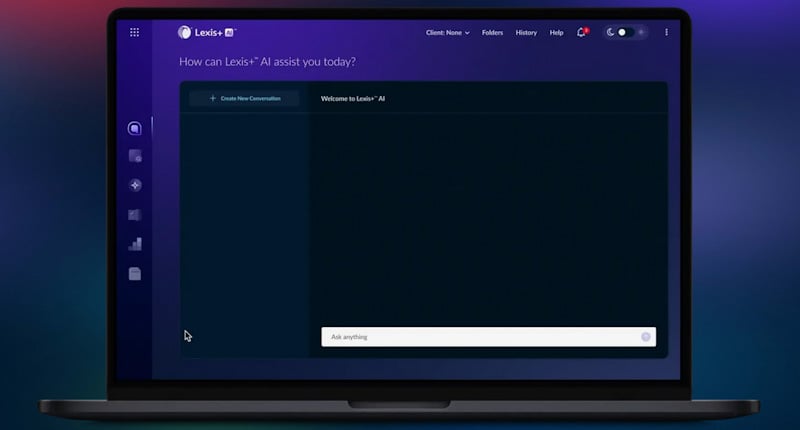Limited power of bankruptcy judges to decide related issues is cured by de novo review, SCOTUS says
Though bankruptcy judges have no constitutional authority to decide matters outside their jurisdiction, they may make proposed findings of fact and conclusions of law in related claims that are reviewed de novo by a federal district court, the U.S. Supreme Court has ruled.
The unanimous opinion (PDF) by Justice Clarence Thomas considers the reach of the 2011 Supreme Court decision Stern v. Marshall, which barred the heirs of Anna Nicole Smith from collecting a tort judgment decided in conjunction with a bankruptcy. The court in that prior case said bankruptcy judges are not Article III judges with the authority to rule over state law claims.
The new case before the Supreme Court involved a bankruptcy trustee’s suit over the alleged fraudulent transfer of assets from an insolvent company to a new company, Executive Benefits Insurance Agency. Because a federal judge had conducted a de novo review after the bankruptcy court granted summary judgment to the trustee, any invalid judgment by the bankruptcy judge was cured, Thomas said.
The ABA had submitted an amicus brief arguing that consent by the parties gives bankruptcy judges the power to decide related matters outside their constitutional authority. Thomas said the court did not need to reach the issue of whether party consent was needed because of the federal district court’s de novo review.
The case is Executive Benefits Insurance Agency v. Arkison.
Prior coverage:
ABAJournal.com: “ABA seeks to limit reach of Anna Nicole Smith case restricting bankruptcy judges’ powers”
ABAJournal.com: “Chemerinsky: Bankruptcy case tops a busy January session”
ABAJournal.com: “Chief Justice Quotes Dickens in Ruling Against Anna Nicole Smith Heirs”



